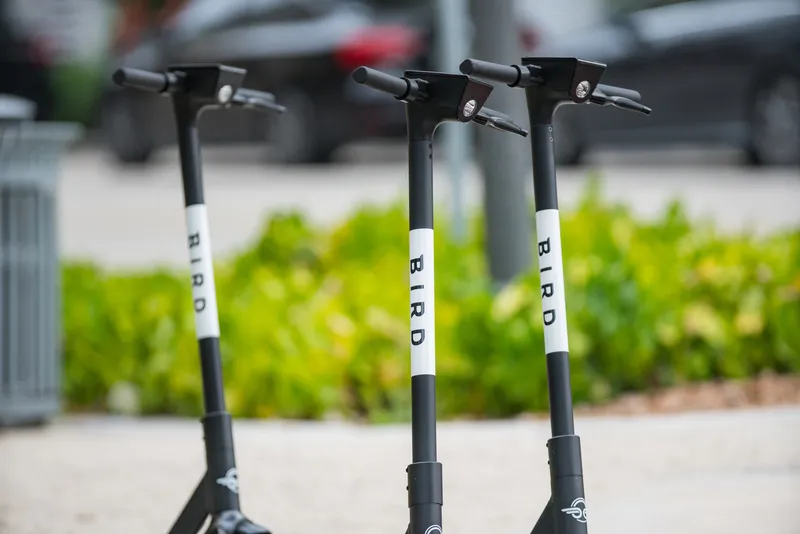
Google has joined Ford Motor Co to partner in turning a famous old part of Detroit into a mobility innovation hub.
The Michigan Central Innovation District is in the Corktown neighbourhood of the US industrial city and is based around the iconic - but long abandoned - Michigan Central Train Station building, which Ford had pledged to restore by the end of 2022.
Google says it will offer digital skills training, mentoring to high school students learning to code, and Google Cloud technology for Michigan Central projects and research on the future of mobility.
Ford has invested in the area since 2018, announcing plans in 2020 to turn it into a 'walkable mobility' district and making it a part of Detroit's planned connected and autonomous vehicle corridor running from the city to Ann Arbor.
Under a Memorandum of Understanding between Ford, the state of Michigan and the city of Detroit, the state plans to allocate $126 million in new and existing investments, programming, and resources to support the goals of the district.
Michigan Department of Transportation will be among the agencies collaborating on the project, which will see the City of Detroit providing resources for a new real-world testing site within the district, called the ‘transportation innovation zone’.
"This site will make it possible for mobility-focused companies to fast-track the safe piloting and deployment of new transportation solutions," a statement says.
“Only a few short years ago, I announced Ford’s investment in Detroit because I believed in a vision that reimagined the iconic Michigan Central train station and surrounding area as a place of possibility again,” said Bill Ford, Ford executive chair.
"The arrival of Google as a founding partner is exactly the kind of investment and progress I knew was possible to revitalise our hometown."
City mayor Mike Duggan added: "For more than a century, Detroit has been the leader in automotive innovation and today marks a major step forward in keeping Detroit at the forefront of mobility innovation for the next century.”
Michigan Governor Gretchen Whitmer said the development would "shape the next century of transportation solutions while reducing emissions and accelerating electrification".







